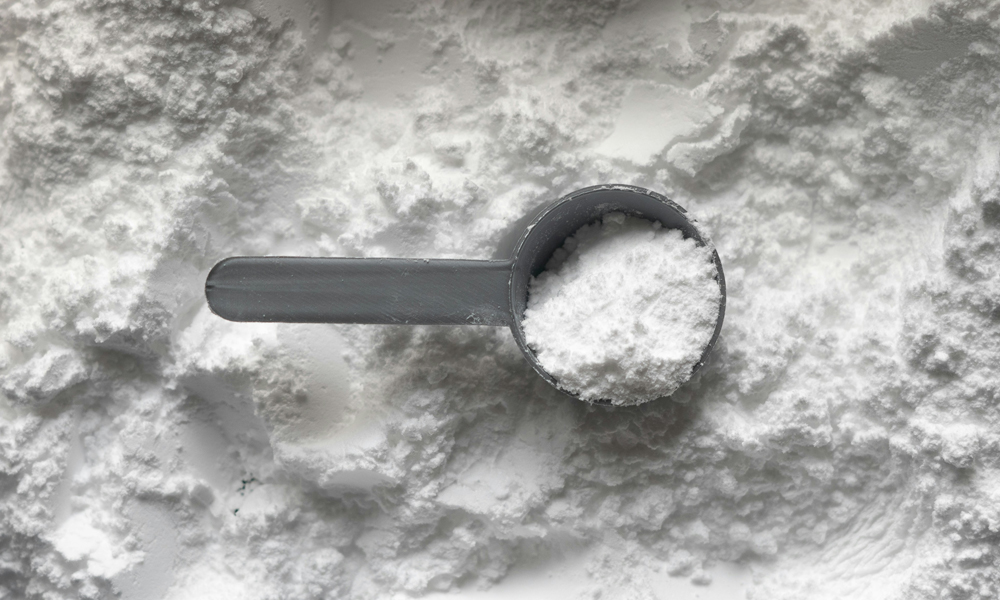Everyone seems to be taking creatine – here’s what you need to know about taking supplements of this compound
By Karen Kwan
On top of trying to get enough protein in their diets, lately it seems everyone is taking creatine. But what is it, and should you be adding it to your daily supplements routine?
Although often described as an amino acid, creatine is actually a compound that the body makes from three amino acids and is one of the body’s sources of energy. It’s found in the body in our muscle cells and the brain, mostly in a form called phosphocreatine, which helps the body produce more adenosine triphosphate (ATP), the primary molecule in our cells that carries energy.
Creatine has become popular thanks to its potential to boost athletic performance and strength. How? Creatine can help with energy production, as a source of instant energy, which can be beneficial when it comes to quick bursts of power such as lifting heavy weights or during high-intensity exercises. Also, some studies have found that taking creatine supplements combined with consuming enough protein and calories may help with promoting muscle recovery after intense exercise.
There are a few ways in which supplementing with creatine to increase the stores of phosphocreatine in your muscles could help with improving your athletic performance: you may become capable of completing more in work or volume in each individual workout, and in the long term, this would lead to greater muscle growth. Creatine has also been shown to boost muscle cell hydration (again, which can boost muscle growth) while also reducing muscle breakdown.
Creatine has also been found to increase the number of a certain type of cells in the muscles, known as satellite cells, which play a key role in muscle growth. Additionally, supplementation has been shown to increase a hormone known as IGF-1 (insulin-like growth factor 1), which has shown to result in greater lean muscle mass. And by improving your body’s ability to produce ATP, rather than quickly depleting your ATP and getting fatigued, you can improve your performance and hold that heavy weight a few seconds longer, for example.
So how to up the creatine in your muscles? We get creatine from the food we eat (largely from red meat and seafood) and from the creatine produced by the body in our liver and kidneys. Supplements are a simple and cost-effective way to quickly increase your creatine levels and get more creatine in your muscle cells. If you’ve been cleared by your doctor to add this supplement to your routine, you’ll find that the most researched and common creatine supplement is creatine monohydrate. You may find that pairing your supplements with a meal high in carbs or protein may help with the absorption. Be sure to hydrate well, too, considering that creatine helps to pull water into your muscle cells. Often, people start with a loading period, to quickly increase the stores of creatine in the muscles, While a loading period isn’t required, taking creatine at the usual recommended dose of three to five grams a day from the start will take longer for your muscles to maximize its stores of the compound. Depending on whether you complete a loading phase or not, you may see results of creatine supplementation within two to four weeks.
As for risks, studies have not yet shown any negative side effects when standard doses are taken. While you may have heard some chatter about creatine supplementation being linked with cramps and dehydration, studies have not found these to be side effects. Also, thus far, creatine has been shown to be beneficial to both men and women.
Bottom line: as a natural supplement, creatine has been well researched, showing evidence of its benefits when it comes to muscles and athletic performance, with potential benefits when it comes to brain function as well. But, as always, consult your doctor before taking any new supplements.
KAREN KWAN is a freelance health, travel and lifestyle writer based in Toronto. Follow her on Twitter @healthswellness and on Instagram @healthandswellness.







POST A COMMENT